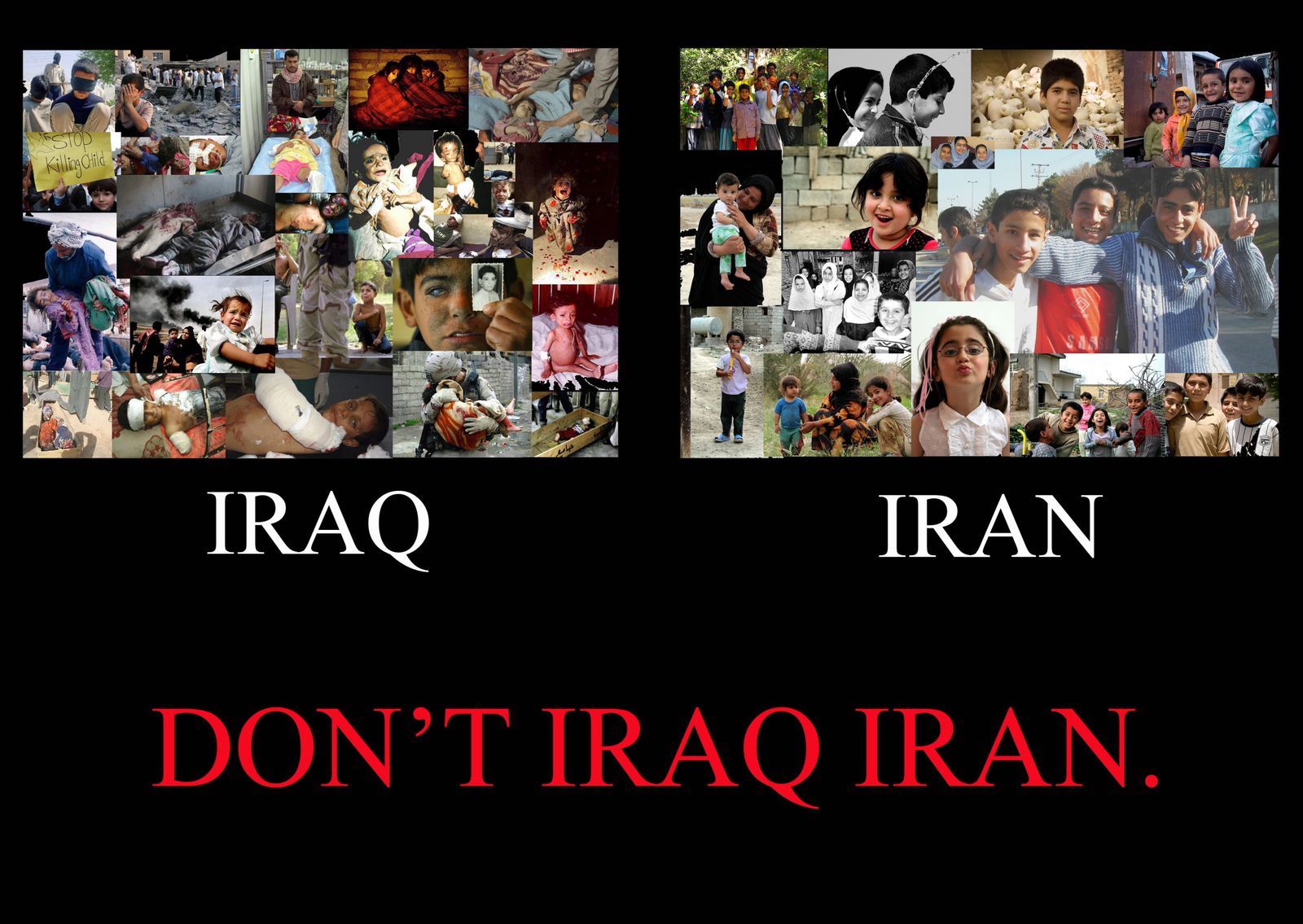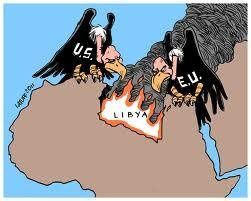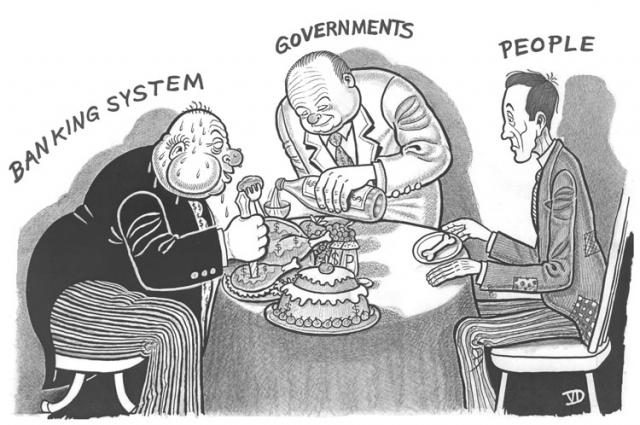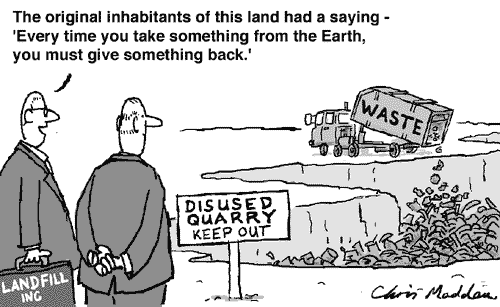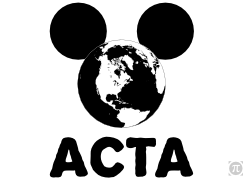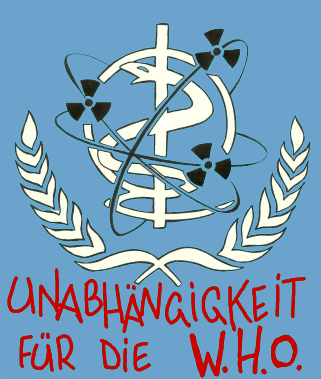16 November 2007
 THE crimes against Palestinians in the occupied territories and elsewhere, particularly since the Palestinians voted "the wrong way" in the Hamas victory last year, are so shocking that the only emotionally valid reaction is rage and a call for extreme actions. But that does not help the victims, and is likely to harm them.
THE crimes against Palestinians in the occupied territories and elsewhere, particularly since the Palestinians voted "the wrong way" in the Hamas victory last year, are so shocking that the only emotionally valid reaction is rage and a call for extreme actions. But that does not help the victims, and is likely to harm them.
Our actions have to be adapted to real-world circumstances, difficult as it may be to stay calm in the face of shameful crimes, in which we in the United States are directly and crucially implicated.
We are approaching President Bush's Annapolis conference on Israel-Palestine, the administration's first potentially serious diplomatic initiative in that conflict.
Photo : laconscience
Ideally, the Annapolis negotiations should begin at the point that had been reached in Taba, Egypt, in January 2001. That week was the one moment in 30 years when the United States and Israel abandoned the rejectionist stance that they have maintained in virtual isolation until the present. And Taba came heartbreakingly close to a possible two-state settlement, with a reasonable land-swap. The conventional fabrication is that at Taba the Palestinians rejected Israel's generous offer. In fact, the conference was terminated abruptly by Israeli Prime Minister Ehud Barak, at a moment when negotiators reported that they were close to agreement.
Perhaps Taba nearly succeeded because the United States was not there as a mediator. Washington's policy towards Israel-Palestine has long been contorted. "Every (US) administration since 1967, when Israel won a war and occupied the West Bank and the Gaza Strip, has privately favoured returning almost all of that territory to the Palestinians for the purposes of creating a separate Palestinian state," Leslie Gelb, the respected policy analyst, observed two months ago in The New York Times Book Review. Note the word "privately." Why not publicly?
Gelb cannot have meant that the difference in stance came from fear of the terrifying Israel lobby, since he is at pains to deny the thesis that it is a powerful and intimidating force. So why only "privately"? Perhaps because such an interpretation supports the comforting self-image of the United States as an "honest broker," thwarted in our noble efforts by violent and irrational foreigners, with Palestinians assigned the leading role in the drama.
We know what administrations have said publicly. They have rejected anything remotely of the sort, ever since 1976, when the United States vetoed a Security Council resolution calling for a two-state settlement on the international border (the Green Line), incorporating all the relevant wording of UN Resolution 242, of November 1967.
By now virtually the entire world agrees on the two-state international consensus, along the lines almost agreed upon at Taba. That includes all the Arab states, who call for full normalisation of relations with Israel. It includes Iran, which accepts the Arab League position. It includes Hamas, whose leaders have repeatedly and publicly called for two-state settlement, even in the US press. It includes even Hamas's most militant figure, Khaled Meshal, in exile in Syria.
Israel has consistently rejected the international consensus, and the United States backs that rejection fully. Bush II has gone to new extremes in rejectionism, declaring that the illegal West Bank settlements must remain part of Israel. But the Party Line remains undisturbed: Bush, Condoleezza Rice and the rest are yearning to realise Bush's "vision" of a Palestinian state, persisting in the noble endeavour of the longtime "honest broker."
Rejectionism goes far beyond words. More significant are actions on the ground: settlement programmes, the annexation wall, closures, check points and much worse. The story continues as the Annapolis conference approaches. Just one example: Israel has just confiscated more Arab land to build a bypass road for Palestinians in order to "push the Palestinian traffic between Bethlehem and Ramallah deep into the desert and effectively bar (Palestinians) from the central part of the West Bank," part of the E-1 development project, east of Jerusalem, designed to incorporate the town of Ma'aleh Adumim within Israel and, in effect, to bisect the West Bank, according to the Israeli peace organisation Gush Shalom. "With such policies enacted by the government, the famous Annapolis Conference is emptied of all meaning, long before it convenes."
No realistic proposal has been advanced that does not take a two-state settlement at least as a starting point, along the general lines of Taba. Informal negotiations followed, leading to several detailed proposals, notably the Geneva Accord of December 2002, applauded by most of the world but dismissed by the "boss-man called partner," as Israeli political analyst Amir Oren describes the US-Israel relationship. Without US support, Israel cannot achieve its expansionist aims, which lays the responsibility on us here in the United States.
Plenty of pitfalls are ahead. Some of Ehud Olmert's closest advisers have endorsed a version of the "land swap" policy of the ultra-right Yisrael Beitenu leader Avigdor Lieberman. Such a swap would give the Palestinians technical authority over the heavily Arab "triangle" region in Israel, bordering the Green line. In exchange, Israel would annex the West Bank settlements that encompass precious water resources and valuable land, leaving the rest cantonised and imprisoned, with the Israeli takeover of the Jordan Valley. The inhabitants, of course, are not to be consulted.
In the coming weeks, and the longer term, there is plenty of educational and organising work to be done, among an American population that is largely receptive, though deluged with propaganda and deceit. It will not be easy. It never is. But much harder tasks have been accomplished with dedicated and persistent effort.

Noam Chomsky's most recent book is What We Say Goes: Conversations on US Power in a Changing World. Chomsky is emeritus professor of linguistics and philosophy at the Massachusetts Institute of Technology in Cambridge, Mass


![Géopolitique : Union transatlantique, la grande menace, par Alain De Benoist [tribune libre] Géopolitique : Union transatlantique, la grande menace, par Alain De Benoist [tribune libre]](http://www.breizh-info.com/wp-content/uploads/2014/06/tafta.jpg)


